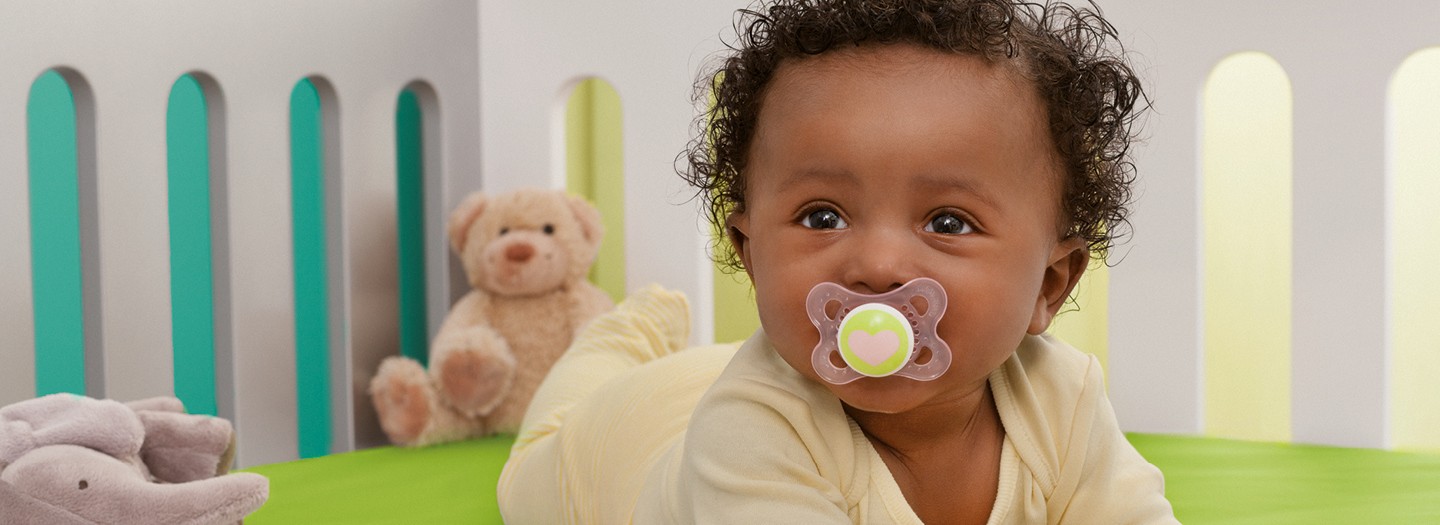Cleaning your baby’s dummy by sucking strengthens child’s immunity — Study
Researchers have said that sucking a baby’s dummy (a rubber or plastic teat for babies to suck on) as a way of cleaning it helps strengthen the child’s immunity. They say parents who avoid doing so may be raising their child’s risk of allergies, adding that germophobe parents who would rather sterilise their child’s pacifier […]

Researchers have said that sucking a baby’s dummy (a rubber or plastic teat for babies to suck on) as a way of cleaning it helps strengthen the child’s immunity.
They say parents who avoid doing so may be raising their child’s risk of allergies, adding that germophobe parents who would rather sterilise their child’s pacifier (also called soother) or put it in the dishwasher may be raising their child’s risk of allergies.
According to them, mothers who suck a dummy clean after it gets dirty have children with fewer antibodies linked to asthma, food and dust allergies.
That may be because parents transfer their own bacteria to their child’s mouth, helping to boost their immune system, they also said.
The researchers led by the Henry Ford Health System asked 128 mothers how they cleaned their children’s dummies before taking blood tests from the infants.
Findings revealed that lower levels of immunoglobin E (igE) antibodies were found in the children whose parents used their own mouths instead of tap water or sterilisation.
“We know that exposure to certain micro-organisms early in life stimulates development of the immune system and may protect against allergic diseases later.
“Parental pacifier sucking may be an example of a way parents may transfer healthy micro-organisms to their young children,” said lead author Dr Eliane Abou-Jaoude.
One in eight of the 128 mothers interviewed for the study, sucked their child’s dummy to clean it while slightly more than two in five chose to sterilise, boil or steam the pacifier, or to put it in the microwave or dishwasher.
The vast majority, 72 per cent, hand-washed their child’s dummy by rinsing it under a tap or using washing up liquid.
Researchers wanted to see if there was any difference in igE, which is triggered when children have allergic responses to triggers like milk, peanuts, dust mites or pollen.
Taking blood from babies at birth, six and 18 months old, they found significantly lower levels of these antibodies in 18-month-old children whose mothers sucked their pacifier. There was no difference between dummies sterilised or hand-washed.
The authors, whose study is being presented at the annual meeting of the American College of Allergy, Asthma and Immunology in Seattle, suggest healthy mouth bacteria passed on from adults may be responsible.
This backs up the ‘hygiene hypothesis’ which suggests children should be exposed to bugs to reduce their risk of allergies.
A co-author of the study from Henry Ford, Dr Edward Zoratti, said they found that parental pacifier sucking was linked to suppressed IgE levels beginning around 10 months, and continued through 18 months.
“Although we can’t say there’s a cause and effect relationship, we can say the microbes a child is exposed to early on in life will affect their immune system development,” Dr Abou-Jaoude stated.
